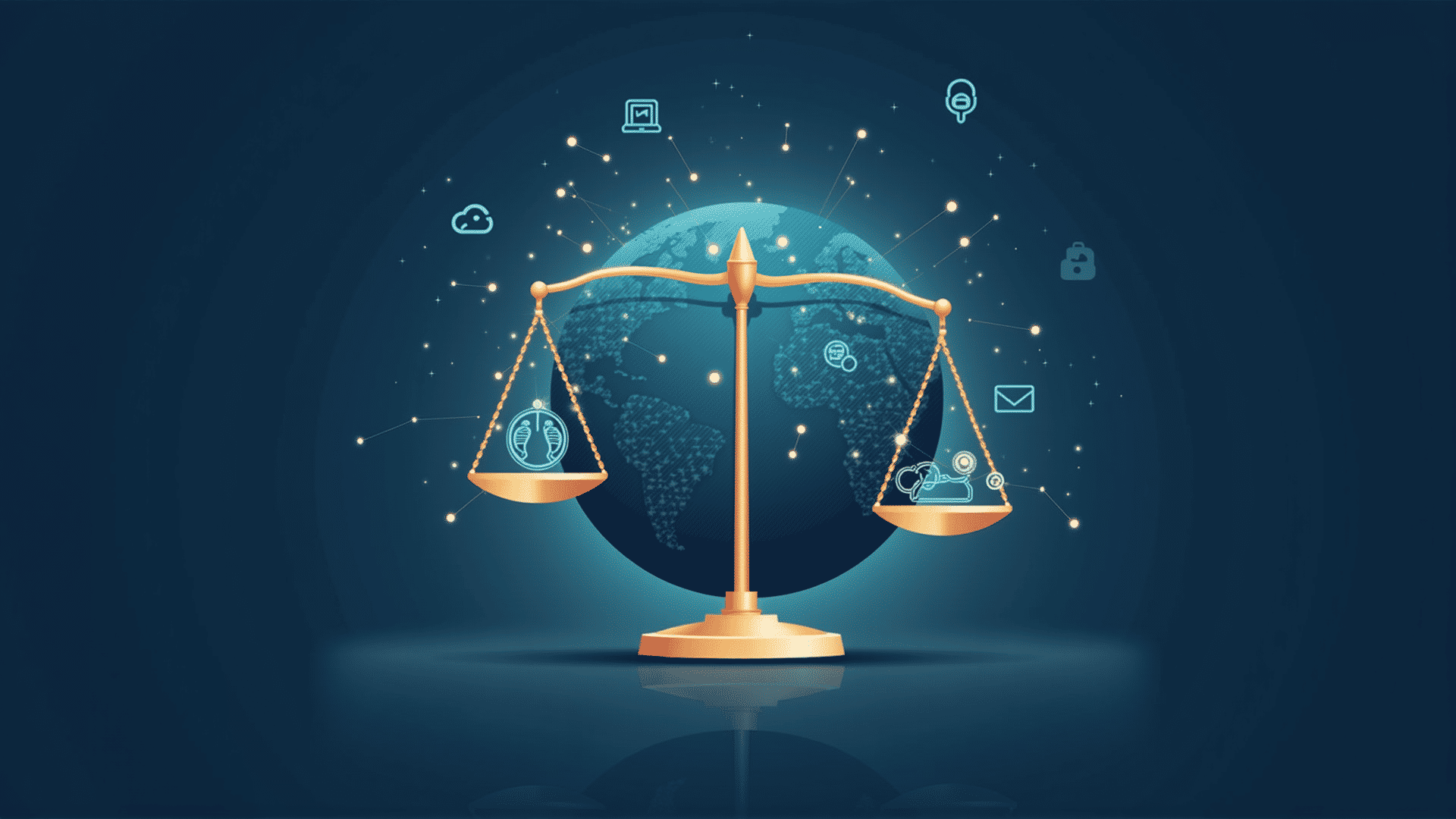In the rapidly evolving landscape of digital communication, the ethical considerations of consuming digital information have taken center stage. As digital platforms become integral to daily life, maintaining ethical standards is crucial for preserving the integrity of information and fostering public trust.
One significant aspect of digital ethics is accuracy. With the rapid dissemination of information online, ensuring that content is fact-checked and reliable is a fundamental ethical obligation. Misinformation can spread quickly, leading to misinformed decisions and erosion of public trust. Thus, content creators and distributors must prioritize verification and transparency, ensuring that the information is not only correct but also responsibly represented.
Privacy is another critical component of digital media ethics. In an era where personal data can be easily collected and shared, respecting users’ privacy is paramount. Digital platforms need to implement robust privacy policies that protect individuals' data from being compromised or misused. Providing clear guidelines on data usage and ensuring that users are informed about how their information is handled are vital steps in maintaining ethical boundaries.
The fairness of algorithms also plays a crucial role in digital ethics. As algorithms determine what content is visible to users, there is a responsibility to ensure they are free from bias. This involves regular audits and updates to algorithms to prevent any form of discrimination, ensuring equitable treatment of content creators and users alike.
Additionally, the digital realm should be accessible to everyone, regardless of their physical abilities. Digital inclusivity calls for websites and online platforms to be designed with accessibility in mind, enabling individuals with disabilities to engage fully with online content. By considering diverse needs, digital platforms can ensure a more inclusive and ethically sound digital environment.
Transparency is key to gaining the trust of the audience. Digital content creators should disclose any potential conflicts of interest and the nature of relationships with third parties that might influence the content. This openness helps to build credibility and trust between the platform and its users.
Lastly, ethical digital media consumption involves critically engaging with content. Consumers should be encouraged to seek diverse perspectives and question the sources of their information. By fostering a culture of critical thinking, individuals can better navigate the digital landscape and contribute to a more informed society.
In conclusion, adhering to ethical standards in digital media is essential for safeguarding the integrity of information and building public trust. Through a commitment to accuracy, privacy, fairness, inclusivity, transparency, and critical engagement, we can navigate the digital world responsibly, ensuring a positive and secure digital experience for all.
